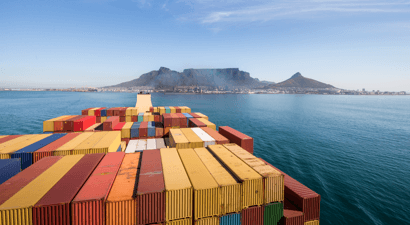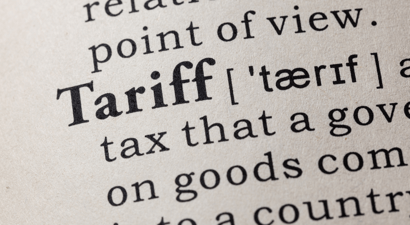Double Jeopardy for Ship Owners: The Outcome of the OW Bunker "Test Case" Appeal
We refer to our previous article relating to the OW Bunker bankruptcy in the case of PST Energy Shipping and Product Shipping and Trading SA v. OW Bunker Malta and ING Bank SA. The appeal of this case was heard by the Supreme Court on 22 and 23 March 2016 and, on 11 May, the Supreme Court issued its judgment.
By way of reminder, the central issue for determination in the original case was whether the relevant bunker supply contract falls within the Sale of Goods Act 1979 (“SOGA”), by which the seller had agreed to transfer property in the bunkers to the buyers in return for payment.
The court a quo found that SOGA did not apply. Their reasoning was that the credit period and retention clause meant that the parties to the sale agreement contemplated the consumption of bunkers before title could pass. The transaction could therefore not amount to a “sale of goods” for purposes of SOGA. The court a quo stated that the parties must have known it was likely that title in the bunkers would never be transferred from the Seller to the Buyer due to:
- The ROT clause in the bunker supply contract;
- The fact that some / all of the bunkers supplied were likely to be consumed before the expiry of the credit period (property in such bunkers would then cease to exist);
- The permission given to the Buyer to consume the bunkers during such credit period; and
- The period of credit given to the Buyer before payment falls due.
The court a quo’s surprising decision carries many consequences for the maritime and other industries due to the fact that:
- The vast majority of bunker supply contracts (as well as other contracts for maritime supplies) are similarly structured to the OW Bunker Terms & Conditions;
- It raises an ownership issue /question where ships are bunkered by charterers prior to redelivery under time charters and such bunkers are to be sold by the charterers to the owners on redelivery and then sold on by the owners to their next charterers; and
- Parties think they are entering into a sale and purchase contract, but the court is saying it is the same as a licence for the use the bunkers, meaning that the purchaser of bunkers does not have the statutory protection afforded to buyers under SOGA.
Unfortunately, the Supreme Court has now dismissed Owners’ appeal, confirming that SOGA did not apply. The Supreme Court found that the contract was not one "for the sale of goods" as ownership did not pass before consumption of the bunkers. The Supreme Court held that:
- The bunker supply contract was not a sale contract, so it was not subject to the Sale of Goods Act 1979; and
- Owners had no defence to OW/ING’s claim for payment of the bunkers regardless of the fact OW had not paid the physical supplier.
The commercial reality of the bunker supply agreement is that the bunkers will be consumed in whole or part possibly before payment or passing of title, because the vessel will consume them for propulsion. The consumption of bunkers before payment is a vital and essential feature of the bunker supply business.
Owners are thus liable for payment of the bunkers to the third party bunker supplier and to the seller. Where the seller is bankrupt, such third party bunker supplier will have a concurrent claim in the insolvent estate of the bunker supplier, and may only receive a small dividend (if anything), while the liquidators of the seller will be successful in claiming full payment of the amount claimed due in respect of the bunkers from the owners.
Owners and other operators will now be wise to consider carefully the terms of their bunker supply contracts to protect themselves from this situation in the future.





